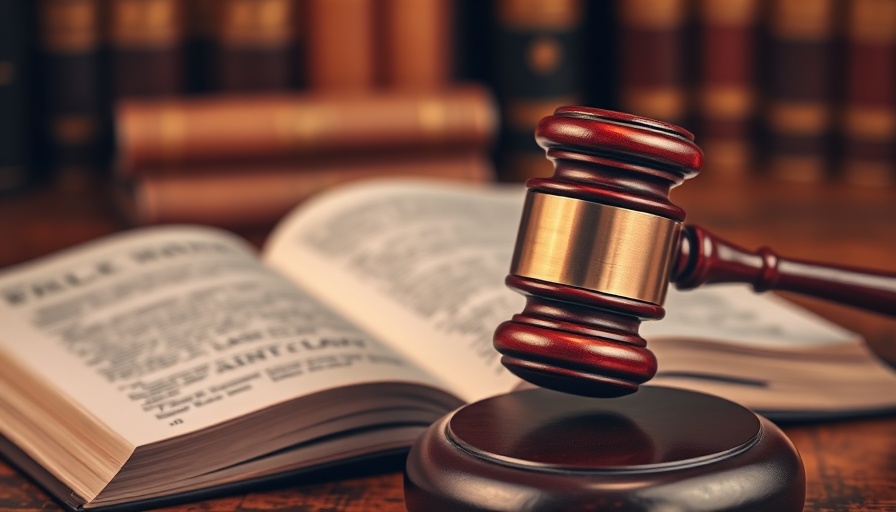
High-Stakes Legal Drama Unfolds in Boston’s Personal Injury Sector
In a highly unusual twist for the local legal landscape, two renowned personal injury law firms in Boston have entered into a legal battle that could shape the future of their industry. Sokolove Law, founded by Jim Sokolove in 1979, has initiated a lawsuit against Jason Stone Injury Lawyers (JSIL), claiming that a former employee, Keith Glover, misappropriated critical business secrets that propelled his new employer to success.
Sokolove accuses Glover of lifting what they call the "digital operations playbook"—an internal guide and framework that has been pivotal in streamlining their practices. With Glover's transition from Sokolove to JSIL, the firm alleges he improperly shared proprietary insights, enabling JSIL to grow from a modest firm into a major player allegedly leveraging Sokolove's trade secrets to amplify their reach and client base.
In an extraordinary detail, Sokolove's complaint highlights that JSIL experienced a rapid expansion from 20 employees to almost tripling their workforce, attributing this surge directly to the alleged theft of their operational protocols. The situation escalated when Sokolove detected unauthorized access to its internal resources, with over 53,000 documented incidents of misuse over a two-year timeframe.
The Countermove: Allegations of Deception
Just weeks later, JSIL retaliated with a countersuit, claiming that Sokolove had engaged in a pattern of deceitful practices designed to undercut their operations. They allege that Sokolove operates under unfair business tactics, primarily positioning themselves as a call center for co-counsel firms rather than functioning as a practicing legal entity.
This clash raises vital questions about accountability and ethics in the competitive landscape of personal injury law, reflecting broader concerns over how intellectual property is handled within the industry. The outcomes could set significant precedents, not only affecting the firms involved but also the manner in which businesses operate in similar capacities across Boston and beyond.
Implications for Consumers and Legal Professionals
The ongoing litigation sheds light on the intricate relationship between innovation and legal structures. For consumers, understanding the implications of such disputes is crucial, as outcomes could affect service quality and client representation in the personal injury realm. Legal professionals may also find themselves navigating an increasingly competitive field that must evolve with respect to intellectual property rights and proper business ethics.
The current legal strategies and responses will be closely observed, as the ramifications of this conflict could influence local practices, drive firms to better secure proprietary information, and potentially reshape consumer trust concerning legal representation.
 Add Row
Add Row  Add
Add 




Write A Comment